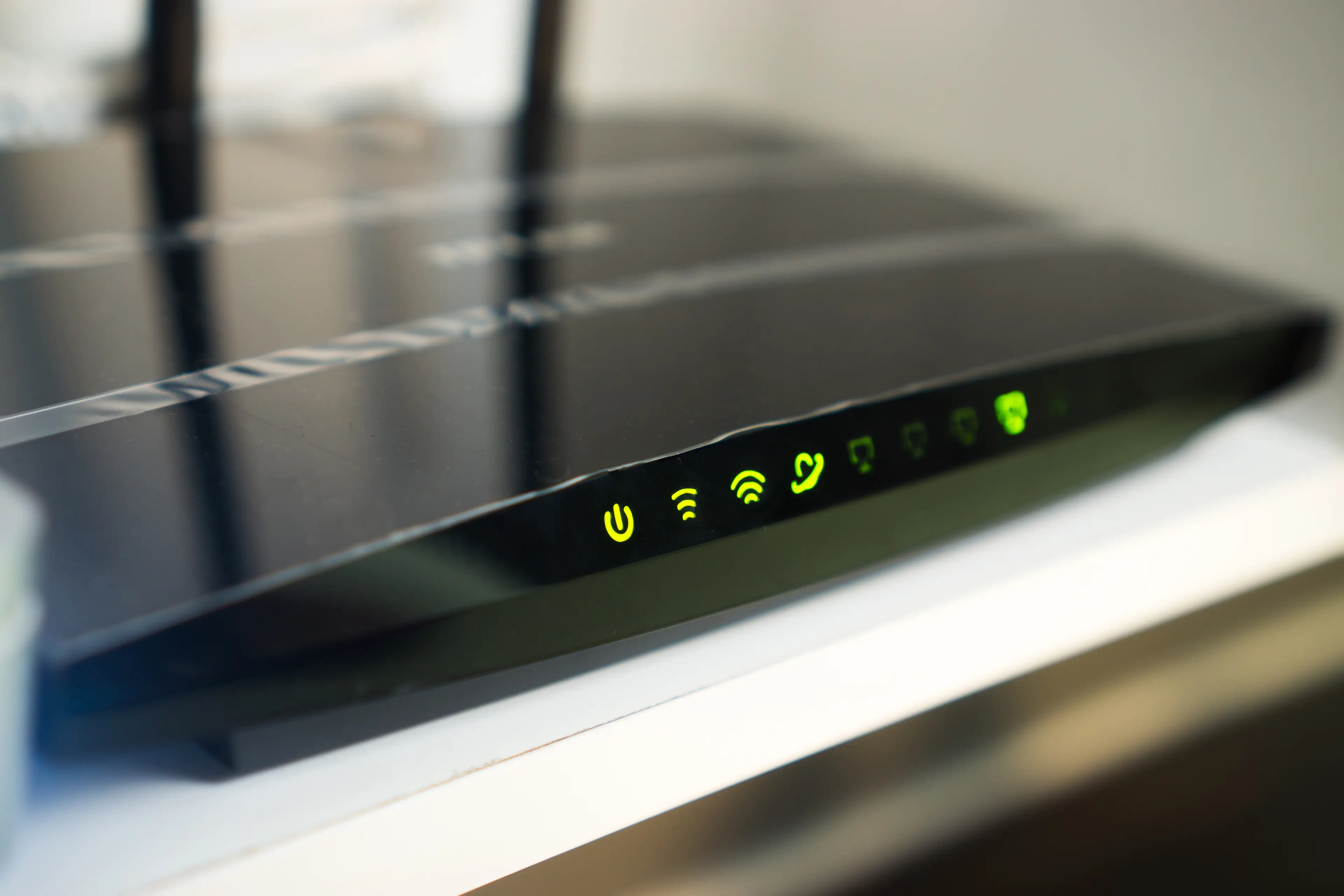
Ever been trying to get on with some work in your office upstairs, or even playing some video games with your mates, and the Wi-Fi cuts out?
Yes, I think we have all be through it and it can be a very frustrating situation. But what if there was a way to have a good quality Wi-Fi signal no matter where you are in the house?
Well, a team of scientists conducted a study on the matter and found a solution to a s**t Wi-Fi signal, publishing their findings in the journal Nature.
As most people will know, walls are often the worse nightmare when trying to achieve the highest bandwidth. Particularly if your walls are thick, especially common with older houses, then you can often find it is a struggle for the signal to reach you upstairs or even in another room downstairs.
Advert

Even if you do get lucky and the signal does reach the room you are in, you may find the signal is often weak.
The science behind this is that the signal (an electromagnetic wave) hits the surface of the wall and will see some of its signal pass through — this is known as refraction.
However, other parts of the signal will bounce off the wall and get reflected, with the rest just simply being absorbed.
Scientists say the solution to this is to place a 'tailored complementary medium' in front of the wall or 'randomly disordered medium', which hopefully makes it translucent to all incoming radio waves.
You would think adding a second object next to the wall would be a somewhat counter-intuitive solution to allowing radio waves to pass through. Yet, Matthieu Davy, Assistant Professor in Electronics at the University of Rennes, said: "This additional obstacle allows to guide the waves in the initial maze to follow totally transmitted paths, eliminating any reflection, regardless of the direction of illumination."

However, scientists did concede that this second obstacle needs to be carefully designed in order for the waves to travel effectively.
Therefore, the team developed a tool that allows them to calculate how the new obstacle would take to radio waves passing through.
This does sound as if it make not be easy for the average household to implement... There is always trial and error, but will not likely be a quick fix.
So it probably isn't the best idea to ditch them Wi-Fi boosters just yet.
If you have a story you want to tell, send it to UNILAD via [email protected]
Topics: Technology
